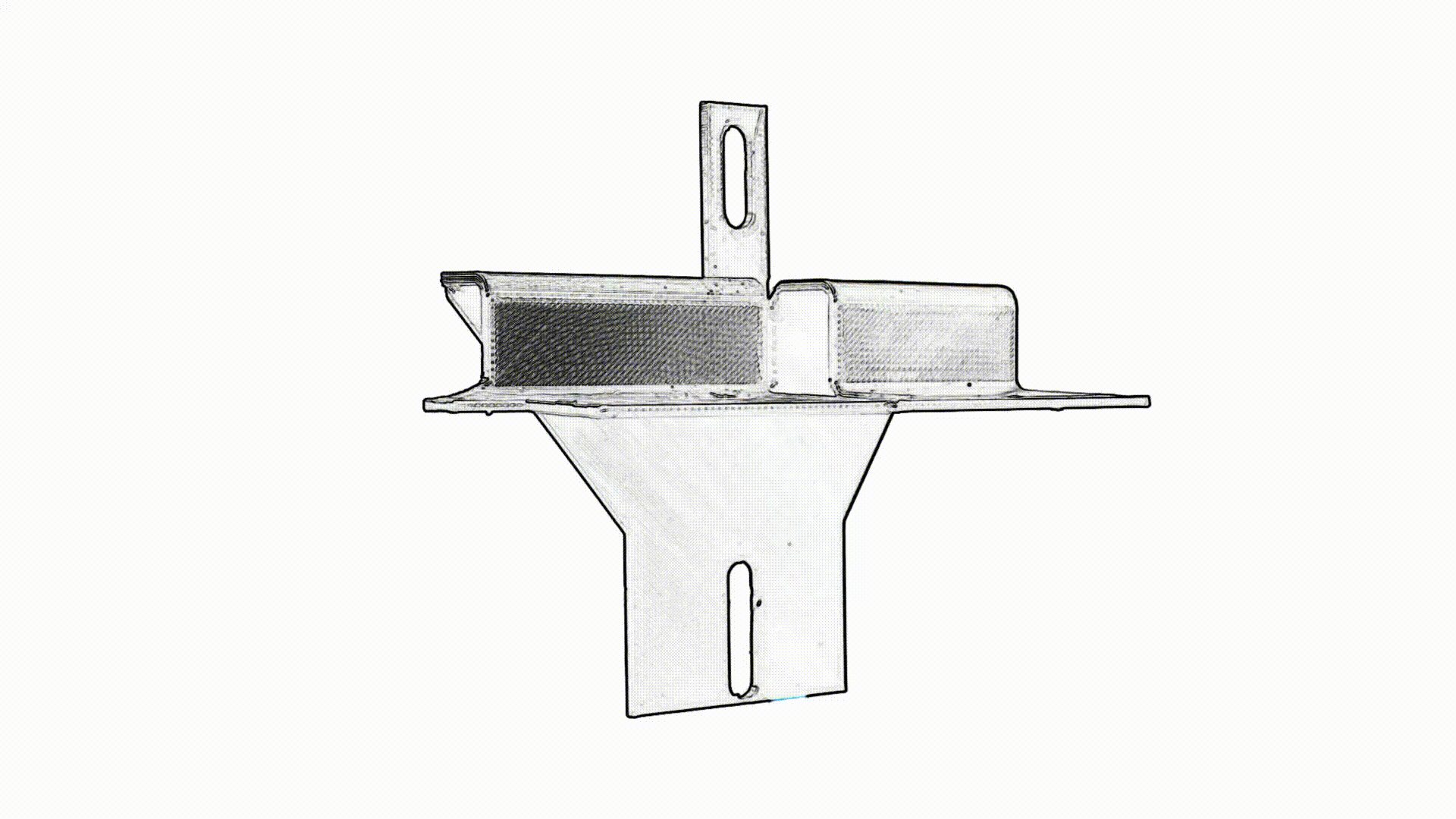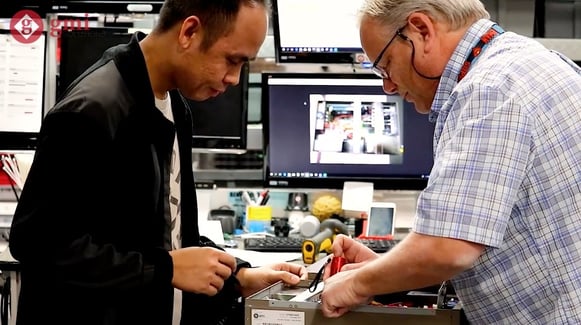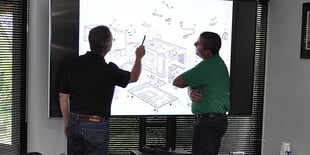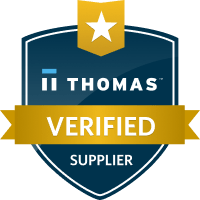How Experienced Contract Manufacturers are ‘Problem Solvers’ for OEMs

Written by Hans Dittmar
“If your only tool is a hammer then every problem looks like a nail.”
-- Abraham Maslow
Problems always arise and many require multiple tools to be able to solve them effectively and efficiently. With post-pandemic supply chain issues likely to persist well into 2022, supplier decisions are continuing to impact products in any development cycle. Whether that’s discontinuing lower volume products or adjusting production volume and delaying currently placed orders for months, these decisions can be a nightmare for OEMs and contract manufacturers.
When problems like this arise in an OEM’s product life cycle, having an experienced contract manufacturer that can do more than just assembly is one key tool for OEMs. Having strong sourcing, engineering, and quality teams that can coordinate efforts to solve issues as they arise is a critical aspect. It is extremely beneficial to have a contract manufacturing partner with strong Design for Manufacturing capabilities.
The benefits of DfM reviews are not just applicable for products in design phase - these efforts can help improve products at any stage.

One such example is a medical OEM that produces a rack that provides liquid cooling to a highly important cancer imaging and treatment system. Due to continuing supply chain issues, a key part - a simple filter - was delayed upwards of 6 months and GMI was not notified till the day prior to its originally projected arrival. A delay like this would have halted shipment of at least 25 units by at least 6 months, denying hospitals a key piece of equipment and threatening the outcome of cancer patients.
GMI’s sourcing team worked closely with the OEM to identify 6 possible replacement filter materials and make a final decision on the correct replacement. The brackets that came with the replacement filter required the filters to be oriented opposite of each other and the current design of the enclosure did not allow that to be realistically mounted. This is where GMI leaned heavily on the DfM capabilities of their engineering team to develop a retrofit solution to mount those two brackets according to the current device constraints. The solution was to prototype, iterate and fabricate a custom metal bracket that could hold and mount both filters correctly. This would allow the product to use the original filter, should it become available, or the new option chosen by allowing alternate part use in the BOM (Bill of Material).
Because time was of the essence, instead of using the standard process that would take 6-8 weeks and increase cost, GMI decided to design a universal bracket internally and use our 3D printers to iterate and validate a prototype before having the custom part machined.
Over two days, GMI was able to produce and modify 4 iterations of the bracket. The 3D printed material was able to be printed durably enough for valid testing. Using an RMA unit that was in house to verify the fitting, ensured all tubes fit correctly, and that there were no other components that needed slight tweaks or adjustments, then submit for client approval. This whole process took less than 5 days, when normally 4 iterations would have taken 8 weeks or more to fabricate and test.
GMI was able to then send the finalized prototype to be fabricated, assemble a unit, and have the Quality Assurance conduct an expedited First Article Inspection to get units flowing out the door in about 2 weeks.
Cost Savings
Overall, 4 iterations of 3D printed brackets cost approximately $30 in materials, compared to $300-750 for the price of 3 iterations of metal prototypes. This was a cost decrease of over 90% in bracket prototyping costs alone.
Time
Using a CAD design and a 3D printer allowed a rapid prototype to be developed and approved a new bracket in three days, rather than the standard process that would have been over three weeks of design, test, and re-design until a solution was found.
This allowed 25 prototype brackets to be manufactured with zero reworks, allowing the products to be built and back into circulation in a matter of 2 weeks, rather than 2 or more months.
How GMI Solutions Can Help
There are many ways to reduce cost associated with existing products. Some require less effort than others, but it is critical to involve a partner that offers the technical savvy combined with a team that embraces efficiencies and has systems in place to accommodate - and encourage - cost reductions at every stage of a product's life.
GMI Solutions serves OEMs exclusively, providing outsourced assembly and test of electromechanical assemblies and turnkey products. GMI Solutions specializes in helping customers develop, improve and manufacture products but also augment these capabilities with a variety of services specifically for high-mix, low-to-medium volume.
To get help assessing your product, reach out to us today to have a conversation on the benefits of Value Engineering and how it can be applied to your outsourced products!




